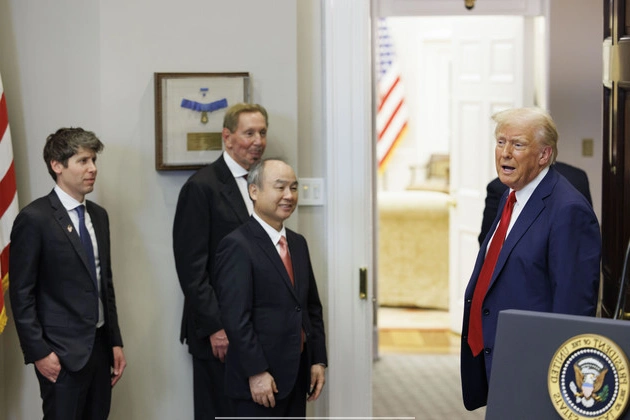
Google, a tech giant with immense influence over online content, is facing mounting pressure from top Republicans in Congress to revise its content policies. This pressure comes after successful campaigns against other tech companies like Meta and X.
The GOP’s Stand Against Google
Spearheaded by Senate Commerce Chair Ted Cruz and House Judiciary Chair Jim Jordan, the GOP is intensifying efforts to hold Google accountable for what they perceive as biased content moderation practices. Cruz, in a recent meeting with Google CEO Sundar Pichai, made it clear that Google’s content policies are under scrutiny.
Republicans have long accused Big Tech platforms of censoring conservative voices and suppressing certain news stories. However, their focus has shifted towards Google, as other platforms make concessions to appease the GOP.
Shaping Google’s Content Policies
Cruz and Jordan are leading a campaign to align Google’s content policies with those of its competitors, particularly Meta’s recent decisions to limit fact-checking and censorship. While specific policy demands are not yet public, the senators emphasize the importance of upholding free speech online.
Google, distinguishing itself from social media companies like Meta and X, asserts its commitment to free expression. Despite criticisms from conservative lawmakers, Google has not made significant policy changes in response to political pressures.
The Battle for Free Speech Online
With the Commerce Committee prioritizing the fight against online censorship, Cruz underscores the need to protect free speech and ensure that Google’s policies reflect this commitment. The influence of Google’s content policies on public discourse is considerable, given the platform’s massive user base.
As tensions escalate between the GOP and Google, the tech industry faces familiar challenges of navigating political pressures on content moderation. While Meta has made notable shifts in response to GOP scrutiny, Google’s stance remains relatively unchanged.
Future Implications and Congressional Actions
The outcome of this unfolding drama between Google and Republican lawmakers remains uncertain. While subpoenas and legislative threats loom, Google’s resilience in the face of political scrutiny suggests that major policy shifts are unlikely to result solely from congressional pressure.
As the GOP intensifies its efforts to influence Google’s content policies, the tech giant’s responses and potential concessions will shape the future of online free speech and censorship regulation.










